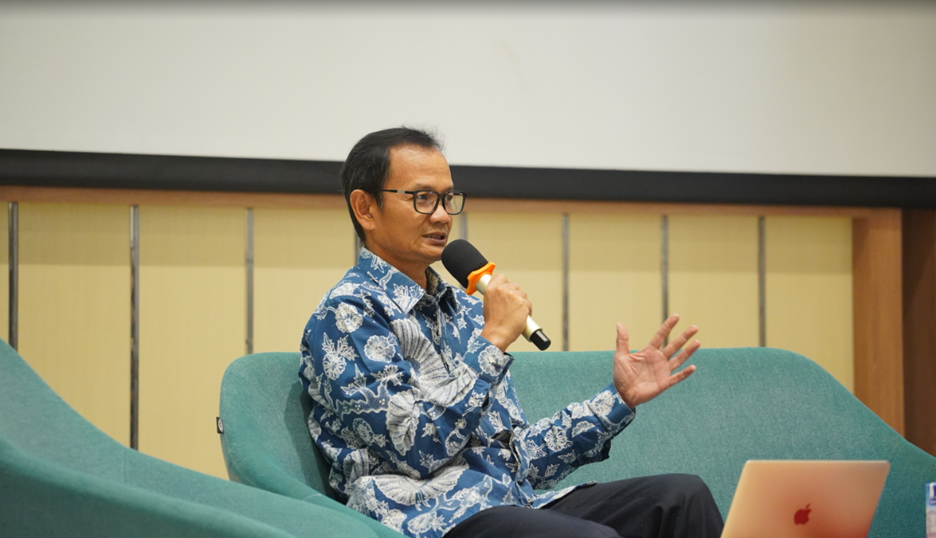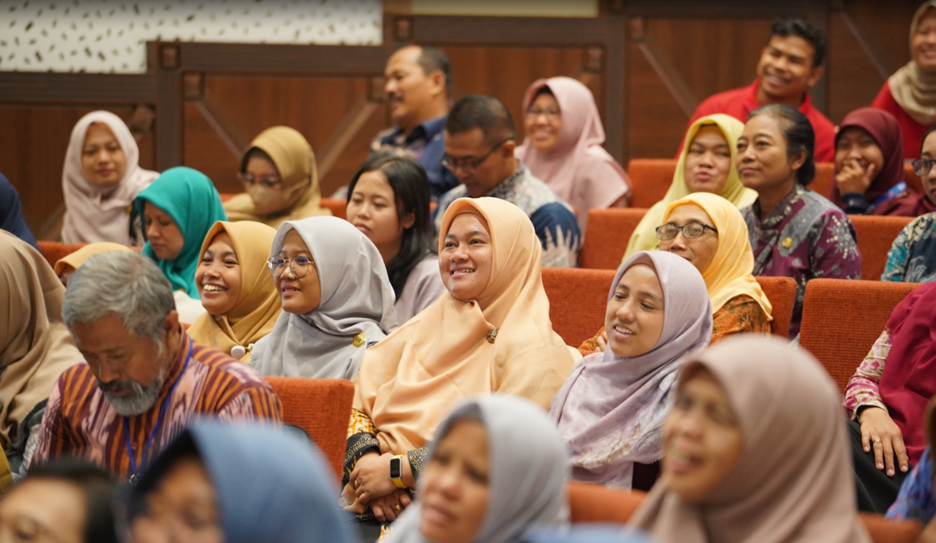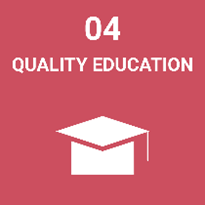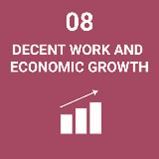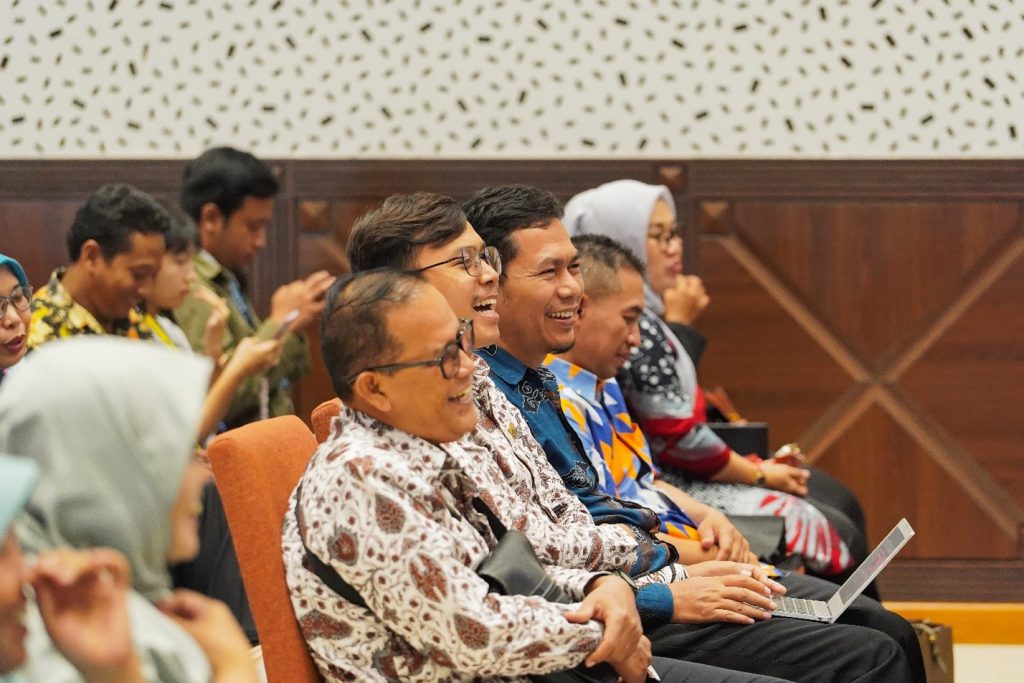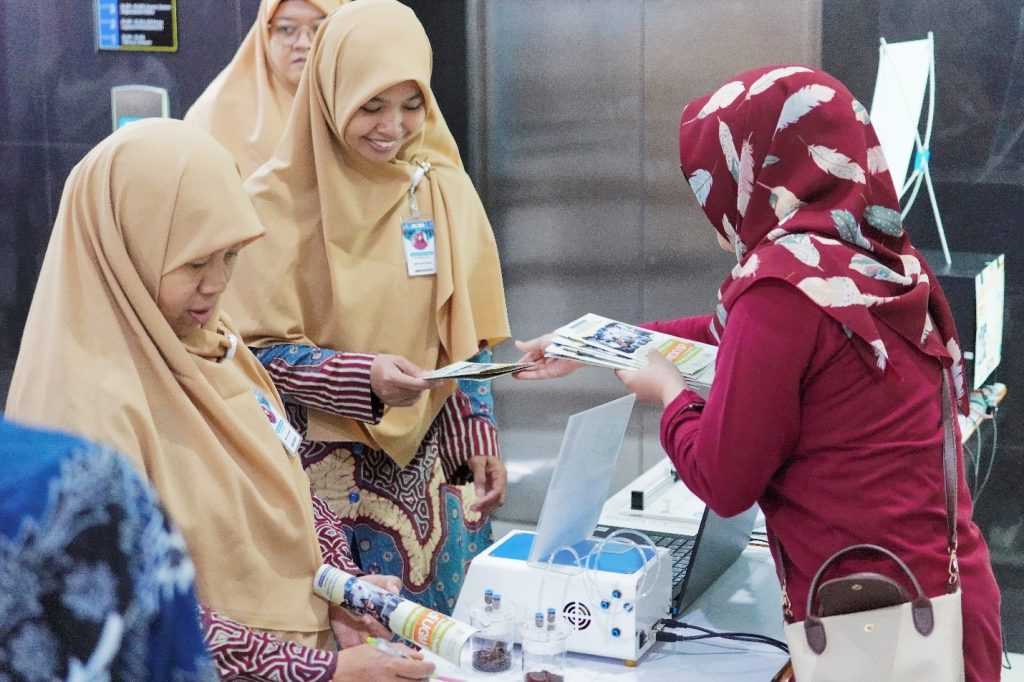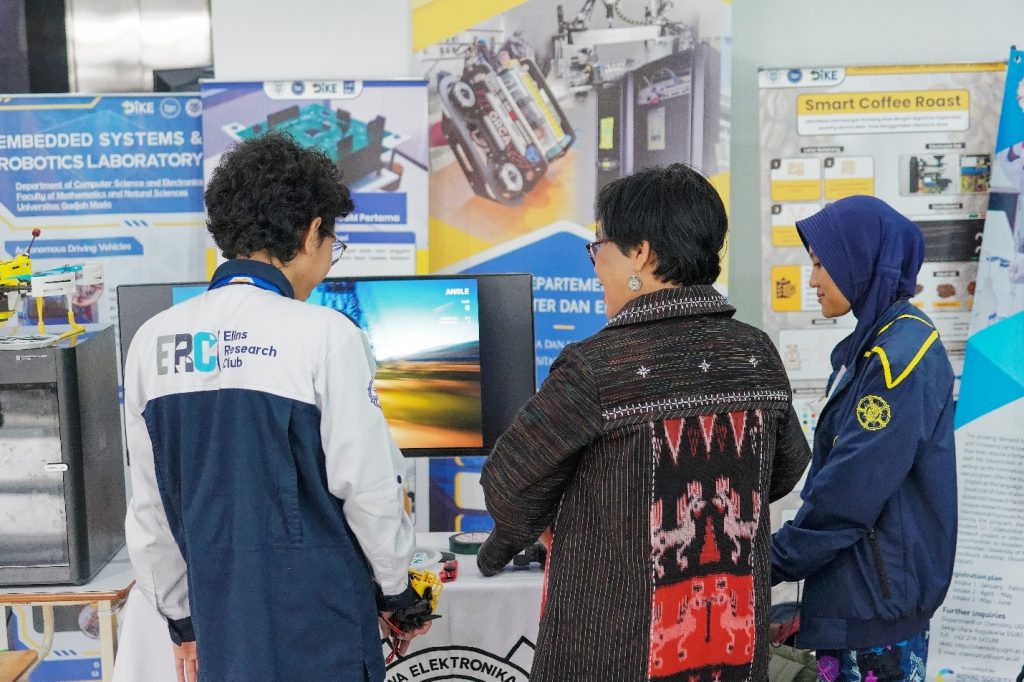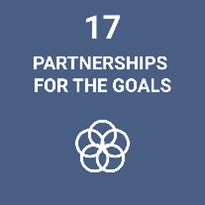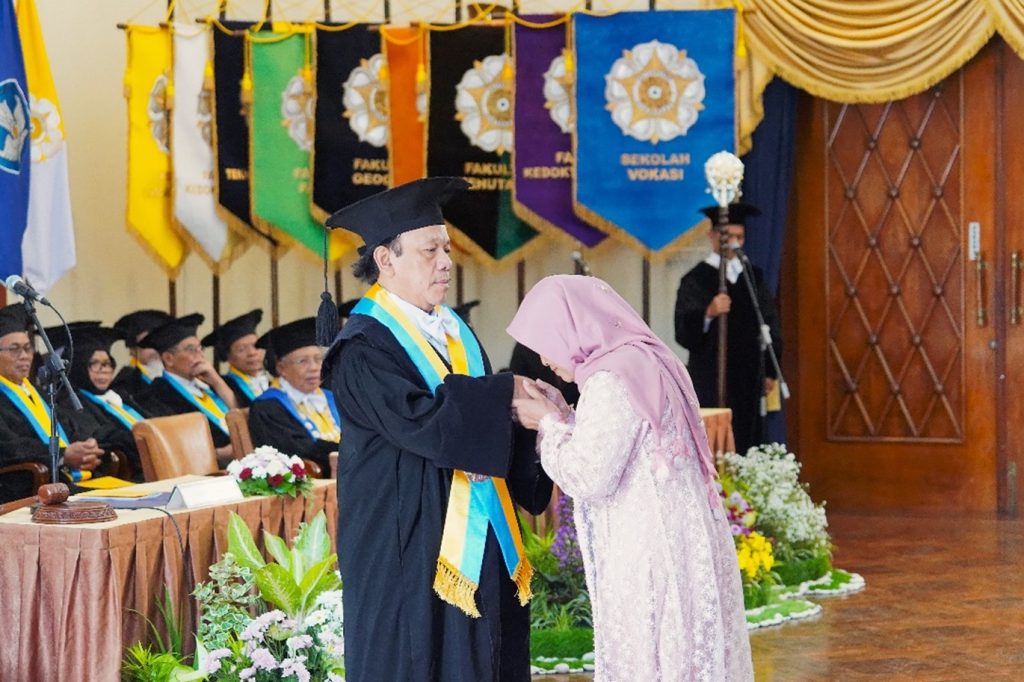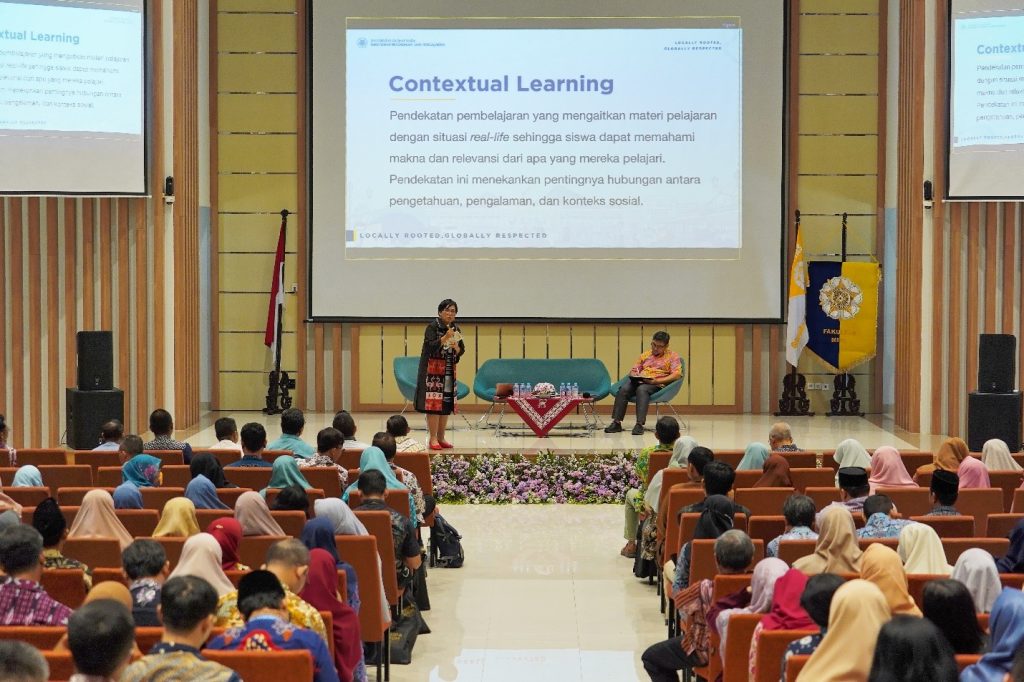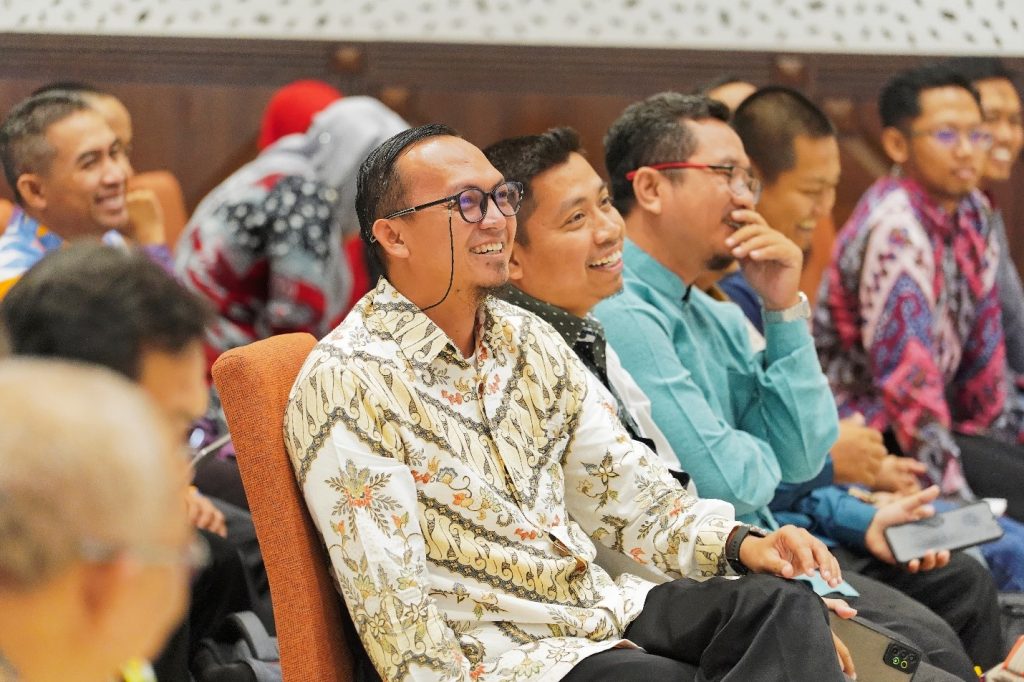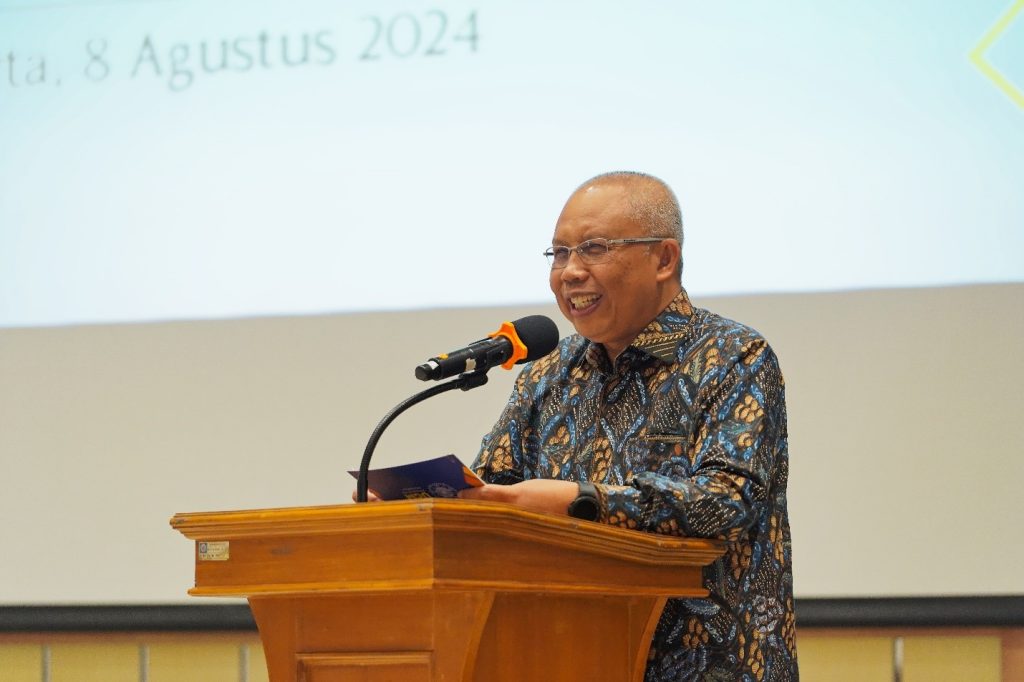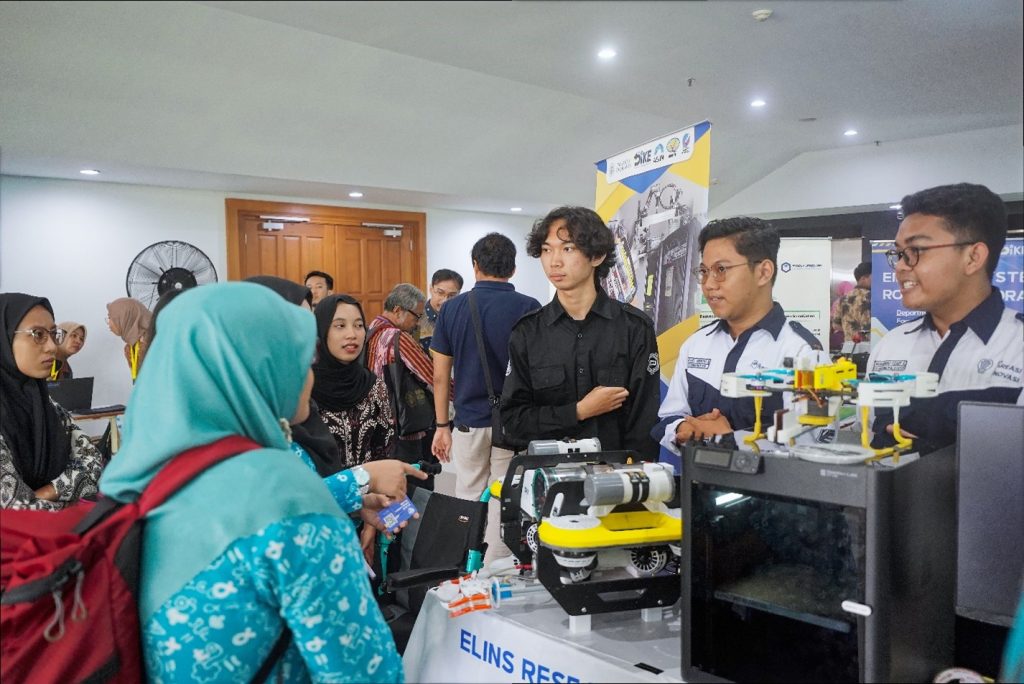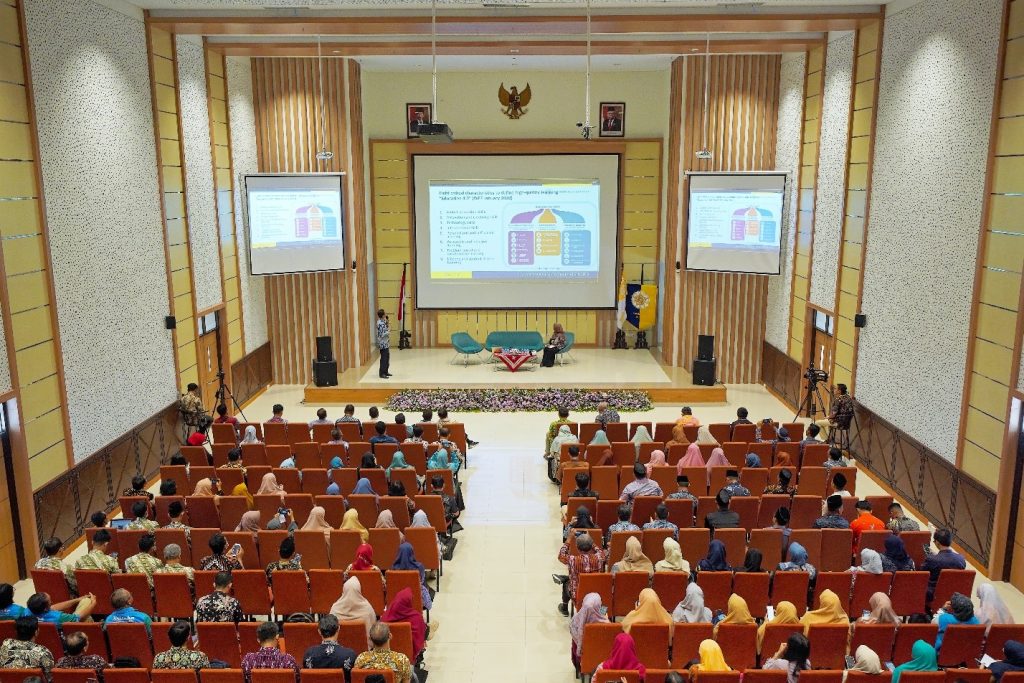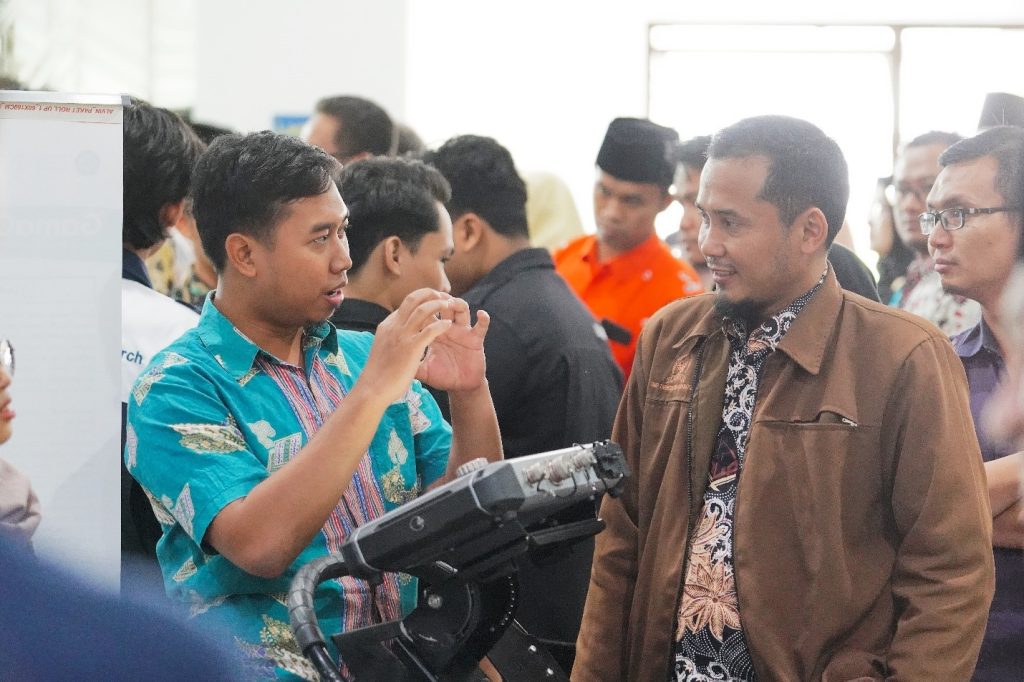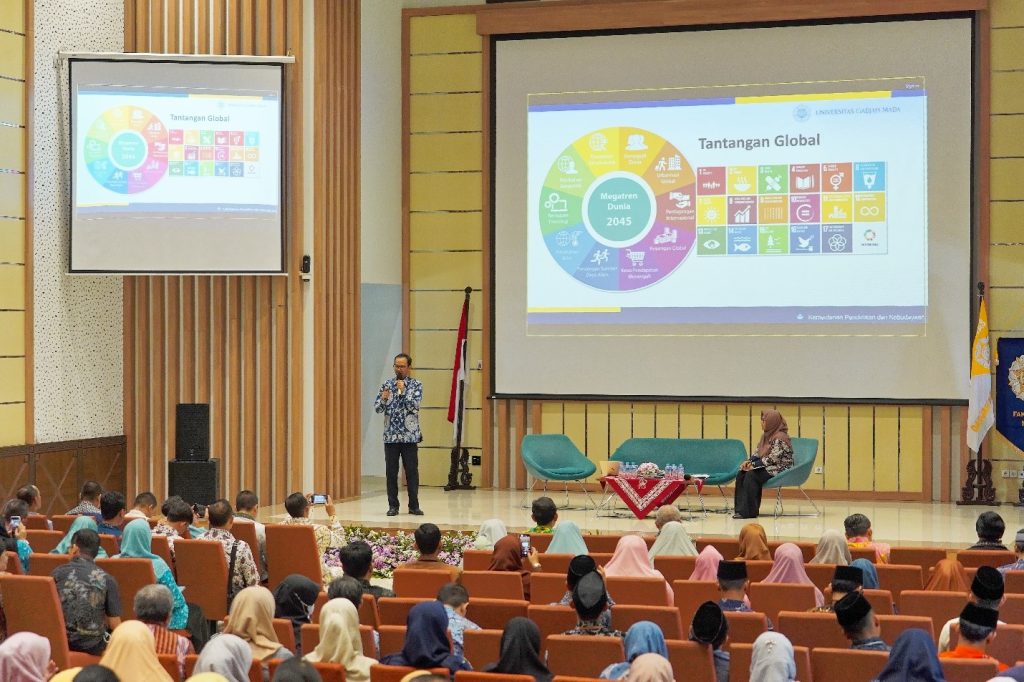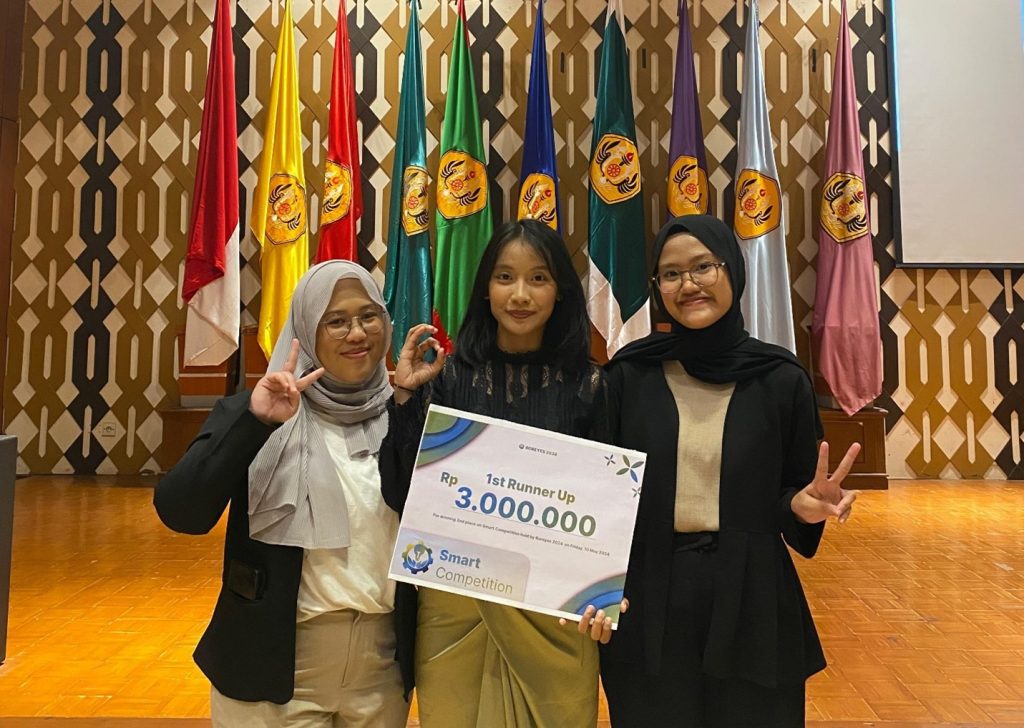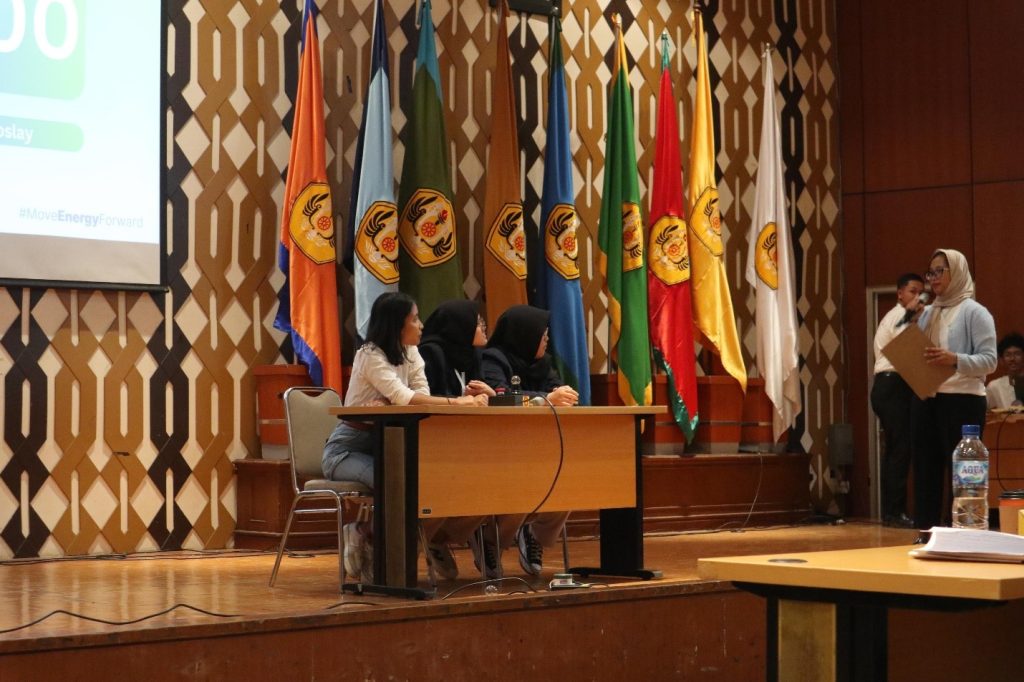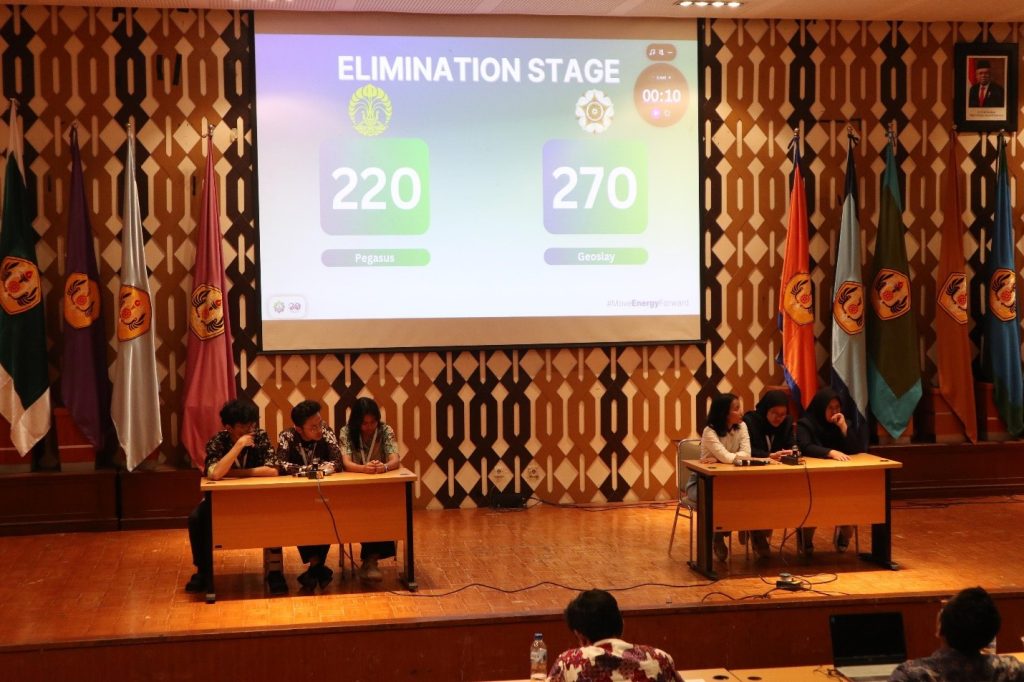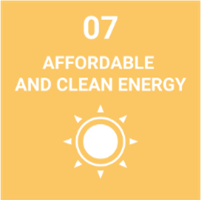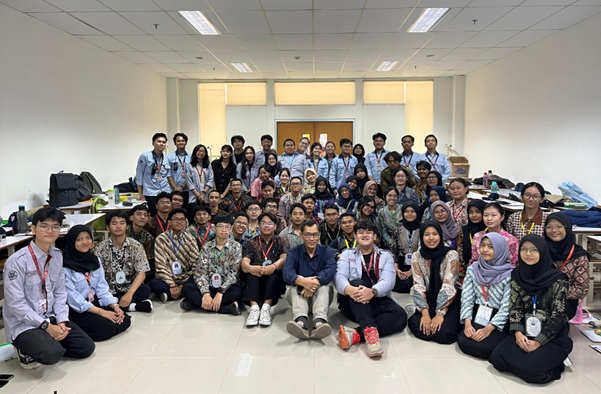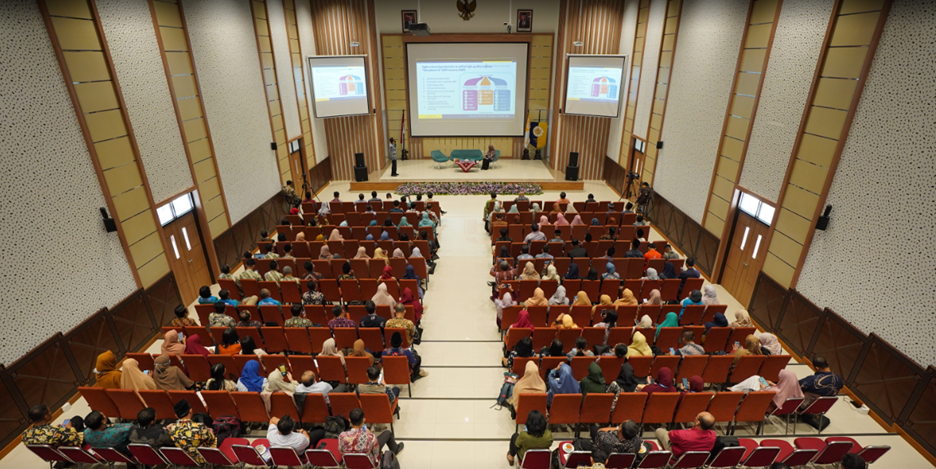
Esensi Paradigma dan Implementasi Merdeka Belajar untuk Tingkat SMA/MA dalam Workshop “Paradigma dan Implementasi Merdeka Belajar Tingkat SMA/MA melalui Contaxtual Learning 2024
Sesi pertama Workshop Paradigma dan Implementasi Merdeka Belajar Tingkat SMA/MA melalui Contaxtual Learning menyajikan materi tentang Paradigma dan Implementasi Merdeka Belajar untuk Tingkat SMA/MA. Materi ini berfokus pada peran pendidik dalam memegang tanggung jawab penuh untuk membimbing anak-anak menuju masa depan yang cerah. Melalui program Merdeka Belajar, anak-anak dipersiapkan menjadi pemimpin, presiden, CEO, dan pengusaha masa depan.
“Abad ini merupakan abad Asia, dengan bonus demografi yang menjadi potensi kekuatan ekonomi terbesar,”
Papar Prof Nizam Prof. Ir. Nizam, M.Sc., Ph.D., IPM., ASEAN Eng. selaku narasumber. Beberapa negara yang memasuki bonus demografi dan peningkatan teknologi menghadapi tantangan penuaan penduduk. Semua ini memerlukan persiapan panjang untuk mencapai bonus demografi ekonomi yang tinggi.
“Di negara-negara maju, kunci keberhasilan terletak pada 3 hal: sumber daya manusia (SDM) yang inovatif, kreatif, serta inovasi. Negara-negara tersebut menginvestasikan biaya lebih untuk riset dan pengembangan teknologi. Untuk menjadi negara maju, kita harus berbasis pada inovasi sebagai kunci dalam pengembangan ekonomi,” ungkap beliau.
Pendidik dan generasi muda menghadapi tantangan dalam mempersiapkan keterampilan dan kompetensi baru pada Industri 4.0 ini. Pembelajaran yang diantisipasi menjadi jiwa dan prinsip dalam kurikulum Merdeka Belajar. Menanamkan kunci “ku tahu yang ku mau” penting untuk generasi muda. Guru diharapkan mendampingi mereka menemukan masa depan dengan menginspirasi mata pelajaran. Generasi muda harus menjadi pemecah masalah kompleks dengan growth mindset yang kuat untuk mengilhami berbagai disiplin ilmu.
Melalui Kampus Merdeka, anak-anak diberi kesempatan mempelajari berbagai disiplin ilmu dan membentuk jiwa pelajar Pancasila dalam diri generasi muda. Sesi materi pertama Workshop Paradigma dan Implementasi Merdeka Belajar Tingkat SMA/MA melalui Contaxtual Learning juga berkaitan dengan SDGs nomor 4, 8 dan 9. Merdeka Belajar mendukung pembelajaran inklusif dan berkualitas, mendorong pertumbuhan ekonomi inklusif dan berkelanjutan serta pekerjaan yang layak untuk semua serta membangun infrastruktur yang tangguh, mendorong industrialisasi yang inklusif dan berkelanjutan, serta mendukung inovasi.
Penulis: Chairunnisa Anggun Setiono
Dokumentasi: Heri Prakosa Wibowo
Editor: Febriska Noor Fitriana
